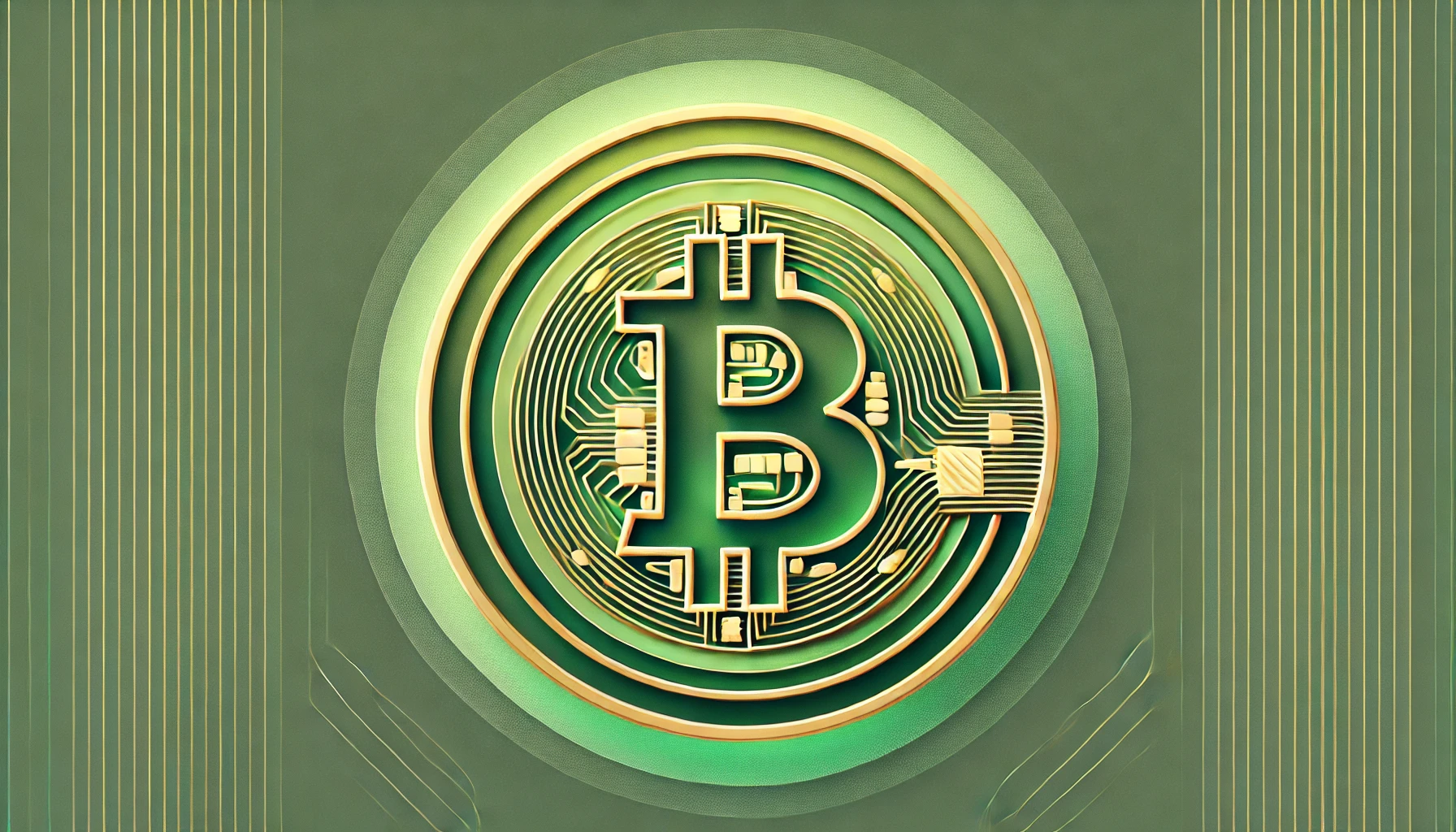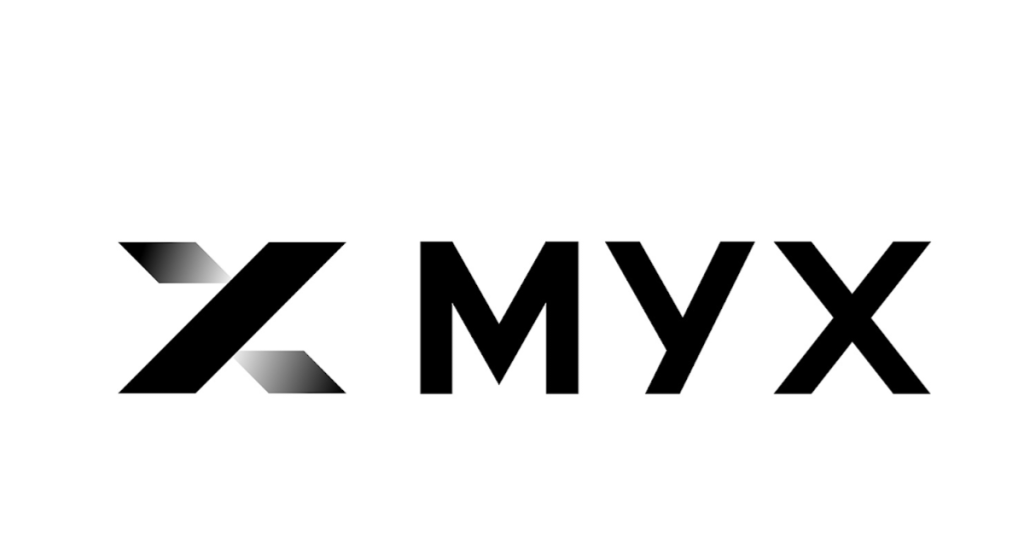ARTICLE AD BOX
Brian Armstrong, the CEO of Coinbase, issued a stark warning this week: if U.S. lawmakers don’t get the national debt under control, Bitcoin could supplant the dollar as the world’s reserve currency.
“If the electorate doesn’t hold Congress accountable to reducing the deficit, and start paying down the debt, Bitcoin is going to take over as reserve currency,” Armstrong posted on X. “I love Bitcoin, but a strong America is also super important for the world. We need to get our finances under control.”
His comment was a direct response to a post from World of Statistics showing U.S. national debt figures over time. The numbers paint a dramatic picture: debt has soared from $5.7 trillion in 2000 to $36.9 trillion in 2025, a more than sixfold increase in just 25 years.
The tweet sparked widespread debate, drawing reactions from prominent figures across crypto and mainstream culture. YouTube creator MrBeast asked bluntly, “We’re just going to casually build up over $100 trillion in debt in our lifetimes, and people will just continue to be chill with it and loan us money?”
Crypto influencer Wendy O weighed in with skepticism: “Bitcoin will never be a reserve currency because of its volatility. But it will be desired. A stablecoin… yes.”
Meanwhile, HODL15Capital echoed Armstrong’s concern from a different angle: “Bitcoin has no top because fiat printing will never end.”
Elon Musk retweeted the post and simply replied with an American flag emoji.
Elon Musk splits from Republican spending agenda
Musk appears genuinely frustrated with the current administration after leaving his White House position. He attacked Republican Congressmen who voted in favor of the ‘One Big Beautiful Bill,’ calling it “a disgusting abomination” in government spending.
Musk also echoed Armstrong’s sentiment in another post:
“Interest payments already consume 25% of all government revenue. If the massive deficit spending continues, there will only be money for interest payments and nothing else.”
Musk’s late-night tirade continued across multiple posts, claiming, “Mammoth spending bills are bankrupting America!”
He also called for firing all politicians who supported the bill in next year’s midterms, declaring,
“In November next year, we fire all politicians who betrayed the American people.”
The statement was made while quote-tweeting a post by Matt Van Swol highlighting GOP overspending, ignoring DOGE cuts, and spending too much time on vacation. All but five Republican congressmen voted ‘YES‘ on the controversial bill, while all 214 Democrats voted ‘NO.’
US government spending crisis looms
The backdrop to this discourse is a troubling fiscal trajectory. According to Congressional Budget Office estimates, the interest on the federal debt alone will approach $1 trillion this year and could double by the mid-2030s.
Rising entitlement costs, pandemic-era spending, and bipartisan reluctance to raise taxes or cut popular programs have all contributed to ballooning deficits.
The dollar’s position as the global reserve currency has long been underpinned by the scale and perceived stability of the U.S. economy and deep and liquid Treasury markets.
Replacing that infrastructure with Bitcoin would require seismic shifts in monetary policy, financial regulation, and sovereign behavior.
Bitcoin sits in wait with institutional integration
Still, institutional interest in Bitcoin continues to grow. With BTC trading above $100,000 in 2025 and spot ETFs now widely available, the narrative of Bitcoin as “digital gold” has moved from the fringes into boardrooms. Yet, it remains a relatively volatile asset and lacks the macroeconomic levers, such as interest rates and fiscal control, that underpin fiat systems. Still, Bitcoin volatility is declining, reducing the power of this argument.
Armstrong’s warning is part of a broader discourse about financial discipline and the long-term viability of the current monetary system. It also highlights the belief among Bitcoin advocates that decentralized assets will increasingly function as alternatives to fiat currencies if inflationary and fiscal pressures continue unchecked.
For now, Bitcoin is unlikely to become a true reserve currency in the near term. But as America’s debt burden rises and confidence in traditional monetary policy falters, the idea is no longer unthinkable. Armstrong and Musk believe the clock is ticking.
The post Coinbase CEO fears Bitcoin replaces dollar if US debt grows as Elon Musk calls for firing of 215 Republicans appeared first on CryptoSlate.
.png)
 5 months ago
8
5 months ago
8








 English (US)
English (US)